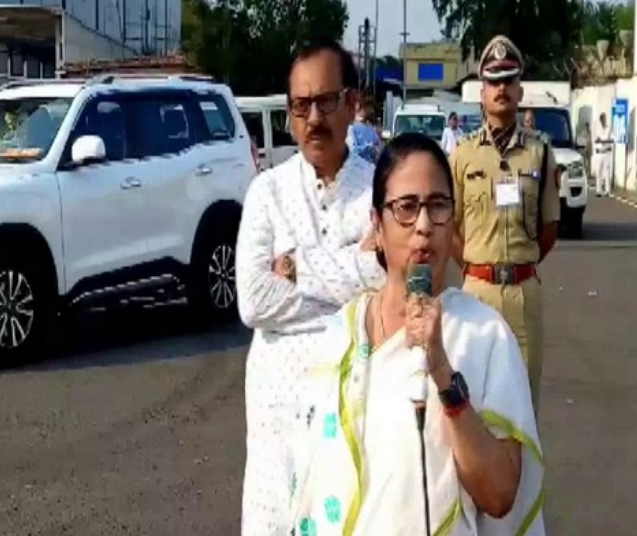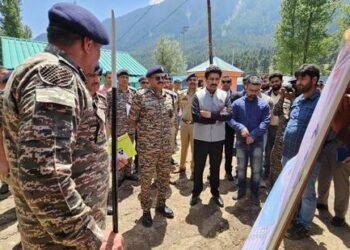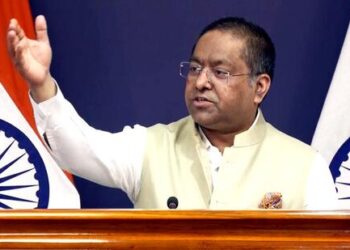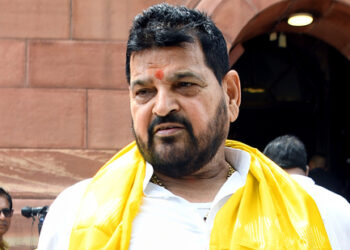In a resolute stance against the National Register of Citizens (NRC) and the Citizenship Amendment Act (CAA), West Bengal Chief Minister Mamata Banerjee has asserted that her government will prevent the implementation of these contentious policies in the state. Banerjee’s declaration underscores her unwavering opposition to what she perceives as discriminatory and divisive measures.
Speaking at a public event, Mamata Banerjee reaffirmed her commitment to safeguarding the rights and interests of all residents of West Bengal, irrespective of their religious or ethnic backgrounds. She condemned the NRC and CAA as instruments of exclusion and polarization that threaten the inclusive fabric of Indian society.
Banerjee’s vocal opposition to the NRC and CAA aligns with her longstanding stance against what she views as divisive and authoritarian policies of the central government. She has been a vocal critic of the BJP-led administration at the national level, accusing it of attempting to impose its agenda on states and undermine democratic principles.
The Chief Minister’s defiant stance has garnered support from various quarters, with many praising her for standing up against what they perceive as threats to India’s secular and pluralistic ethos. However, her stance has also attracted criticism from political opponents who accuse her of playing divisive politics for electoral gain.
The NRC and CAA have been subjects of intense controversy and debate since their introduction, with critics raising concerns about their potential to disenfranchise and marginalize vulnerable communities, particularly Muslims. Several states across India, including West Bengal, have witnessed protests against these measures, reflecting widespread public discontent and opposition.
As Mamata Banerjee vows to resist the implementation of the NRC and CAA in West Bengal, the political landscape in the state is likely to witness heightened tensions and polarization. The Chief Minister’s stance sets the stage for a potential showdown with the central government over the contentious issue of citizenship and identity.








 India
India












